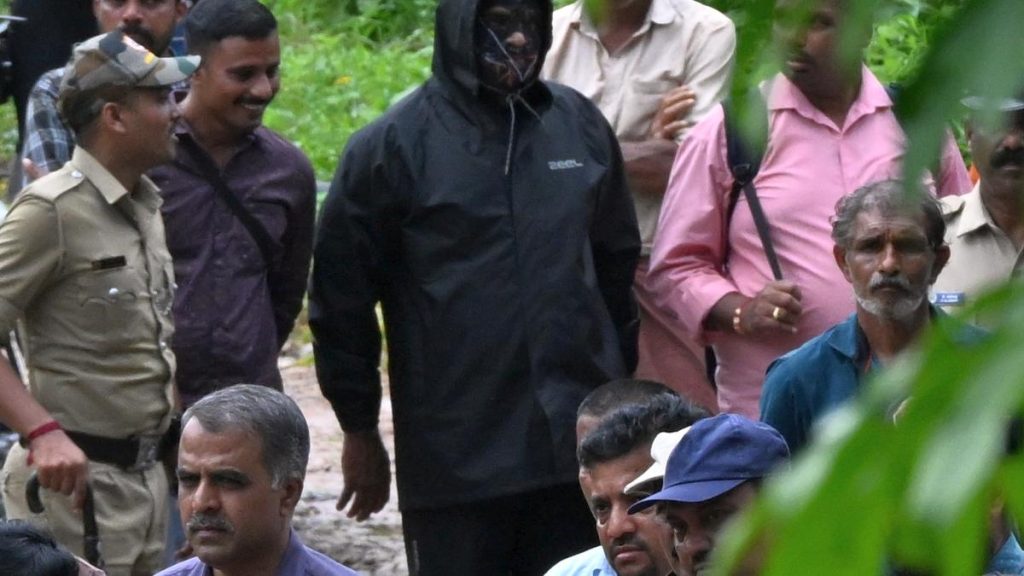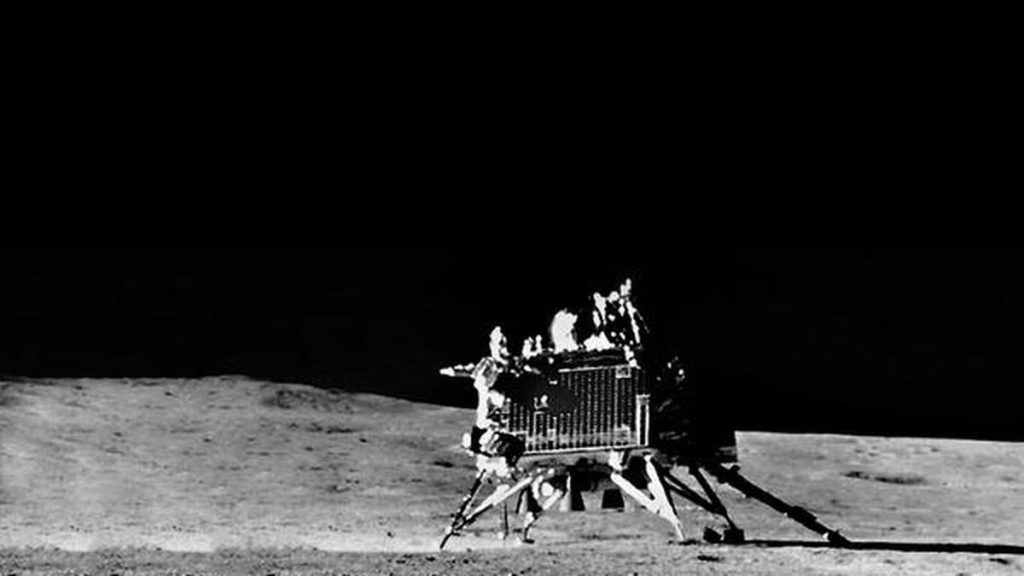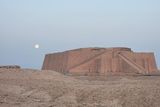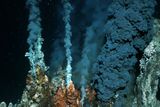Now Reading: Key Denisovan Gene Aided Human Survival and Expansion
-
01
Key Denisovan Gene Aided Human Survival and Expansion
Key Denisovan Gene Aided Human Survival and Expansion
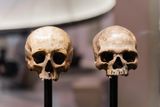
Swift Summary:
- Modern humans traveling from Asia to the Americas via the Bering Strait carried an adaptive genetic variant acquired through ancient interbreeding with Denisovans and Neanderthals.
- A recently published study in Science identifies a gene, MUC19, linked to mucosal barriers that may have provided survival advantages in new environments.
- Analysis of ancient Indigenous American DNA and contemporary genomes reveals traces of this gene variant passed down through Denisovans to Neanderthals, then modern humans.
- The study highlights how interbreeding among ancient human populations introduced genetic variation that aided adaptation across diverse environments.
- Researchers speculate the MUC19 variant could have helped protect against pathogens but need further studies to confirm specific benefits.
- Fossil evidence for Denisovans is rare but their DNA has contributed significantly to understanding human evolution and migration patterns.
Indian Opinion Analysis:
The discovery exemplifies how ancient genetic adaptations shape modern human survival and migration strategies, including responses to environmental challenges like pathogens or extreme climates. For India, where genetic diversity plays a critical role in health research (notably regarding population-specific illnesses), studies like these underline the importance of understanding ancestral genomic contributions. India’s rich history as a hub of early migrations positions it at a crossroads for inquiries into similar adaptive genes within subcontinental populations. Insights from such research can illuminate strategies for improving public health outcomes rooted in evolutionary strengths while fostering global collaboration on genomic heritage mapping.
Read More: Discover Magazine article


